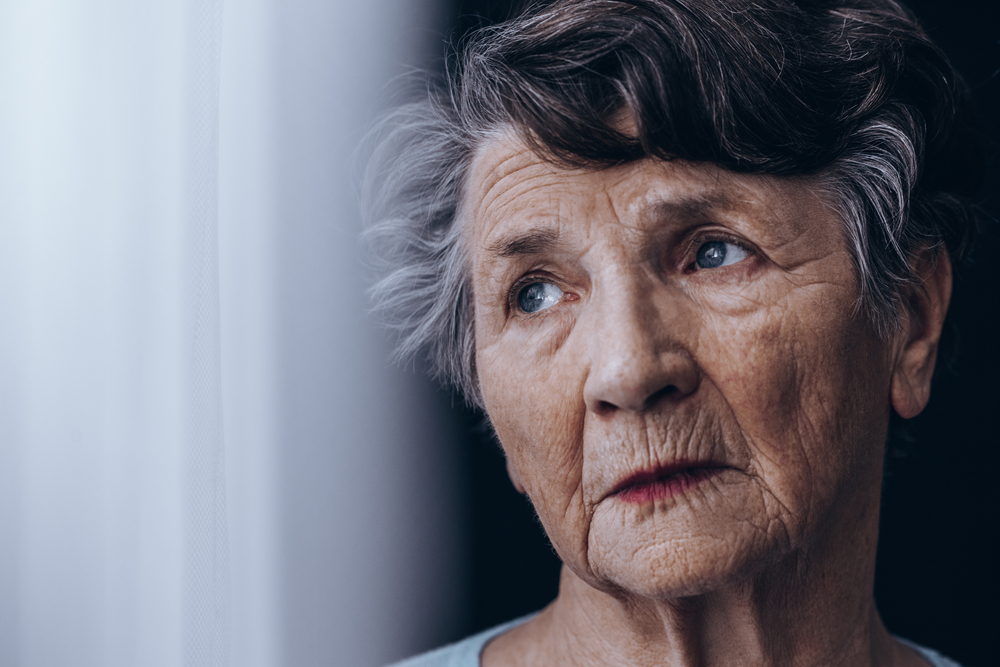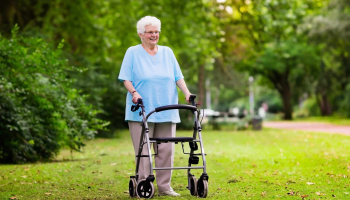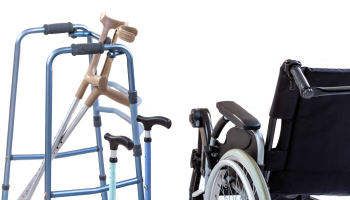
Parkinson’s disease is a neural degenerative disease that affects fine motor skills and slowly goes to affect movement and even speech. It mostly affects individuals past the age of 50 though there are rare cases of people below that age.
The causes of the disease though not fully known are thought to be either environmental especially due to exposure to some pesticides or genetic whereby if one of your family members was affected, then you are likely to also get the disease.
Mayoclinic adds that scientists have linked the presence of lewy bodies and the protein alpha-synuclein within lewy bodies as possible causes of the Parkinson’s disease. Medical news Today says that people with the disorder have low dopamine levels due to the dopamine generating cells dying over time for unknown reasons.
The main symptom of Parkinson’s is hand tremors and over time, the disorder has been found also to affect walking as well as speech.
Parkinson’s has no known cure and what doctors give are just medication to alleviate the symptoms. These Parkinson symptoms are:
- Tremors in the hands, arms, legs, jaw and head
- Stiffness of the limbs and trunk
- Slowed movement(bradykinesia)
- Poor body balance leading to falls.
The disease was discovered by English surgeon Dr James Parkinson(1755-1824) who published an article on the disorder called An Essay on the Shaking Palsy. 11th April is marked globally as World’s Parkinson’s day and coincides with Dr. James birthday. A red tulip is used as a symbol for the disease. Medicinenet classifies the disease into five stages and these are:
Stage 1: The symptoms are mild and almost unnoticeable. They do not affect they way you lead your life
Stage 2: Symptoms deteriorate and it takes long to complete simple tasks
Stage 3: At mid stage parkinson’s, an individual loses balance and falls often. They have trouble dressing, eating and drinking and this is when you need that gyroscopic spoon for Parkinson’s tremors.
Stage 4: The person needs assistance walking since they are not able to do so on their own.
Stage 5: The person is at the end stage of the disease and cannot live on their own. They need assistance in everything.
Mayoclinic lists the risk factors of Parkinson’s as:
Age: The disease mostly affects people past the age of 60
Sex: Men are at a higher risk of the disease as compared to women
Heredity: If your family members had the condition then you are at a higher risk than someone who does not have it in their family line.
Overexposure to toxins: Use of pesticides has been found to be a high risk factor.
Medicine for alleviating parkinson’s disease
Though the cure for the disease is not known, doctors will prescribe to you medicine to relieve the symptoms. These drugs according to Wikipedia include:
Levodopa which is a precursor of dopamine and can pass the blood-brain barrier. You see when you have this disease, it means that your brain is not producing enough dopamine which is an issue that medication should address. Taking dopamine in its raw form is not advisable at all though since it will not pass the blood-brain barrier.
Dopamine agonists such as bromocriptine, pergolide, pramipexole ropinirole, piribedil, cabergoline, apomorphine and lisuride.
COMT inhibtors such as Tolcapone. COMT degrades dopamine and as such, we need an inhibitor that prevents this degradation and that is where Tolcapone comes in.
How to take care of Parkinson’s patients
As a caregiver, you need to do the following to take care of patients with Parkinson’s
Love and understanding
Aged people living with the disorder need you to understand them. They have a central nervous system degenerative disorder which is not easy to live with. Be there for them when they need help dressing, eating or walking.
And since they are also embarrassed when they cannot hold a pen on their own, write or hold a book without assistance, show them love and do not laugh at how hard they are finding it to use their fine motor skills.
Healthy eating
Feed your patient with balanced diet so that they have strength to walk and hold onto things until they reach the end stage where they cannot do all those tasks anymore.
Utensils for curbing tremors
Weighted spoons, folks and non spill cups are a must-buy for people living with Parkinson’s. In this article, we have tried to look at some of them worth your money.
Related: Gyenno bravo twist anti tremor spoon fork
Safety rails around the house
You need to install safety rails around the house especially the bathroom and the toilet so that the patient always have something to hold on to when they are almost falling.
Offer assistance walking
Patients with this disorder find it hard to walk and they often fall. You should therefore be there to offer them assistance while walking. At early stages, you can get them a walking stick, walkers and clutches but as time moves on, you have to be there for them to help them on wheelchairs.
Keep them off from alcohol and smoke
Though they may always to take one for the road and insist on doing so, as the caregiver you have the responsibility of making sure that your Parkinson’s patient does not indulge in such practices. Alcohol, too much caffeine and cigarette smoke have been found to aggravate limb tremors and should therefore be avoided at all costs.







